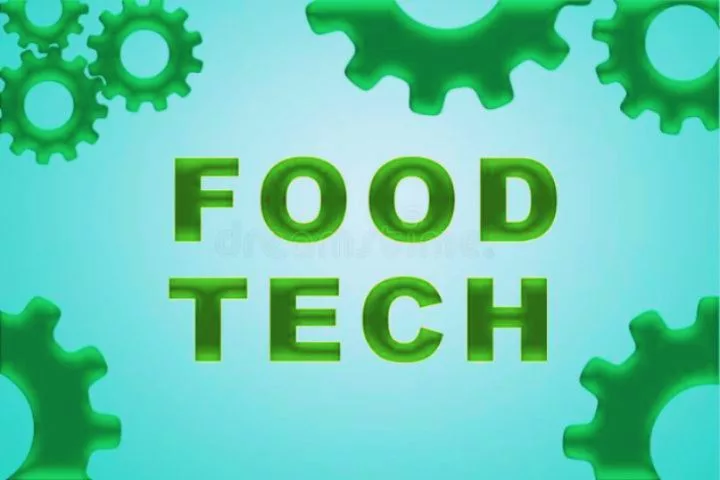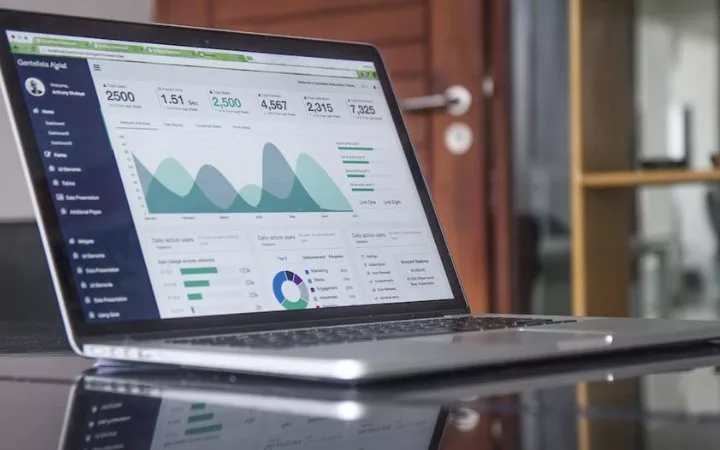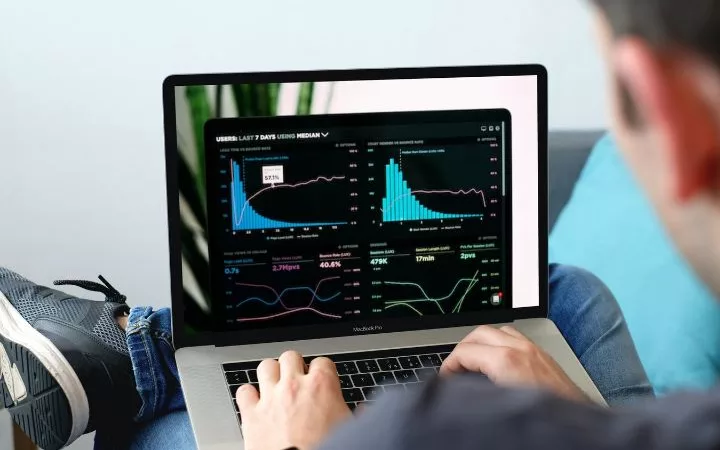Know About The Food Technology And Classification Of Food-tech Companies

Food-tech: what technology is it really about?
We tell you everything about food technology, what it means, its impact on the food industry and why it is so important.
The context of the food technology
New technologies are shaping the world today. They are thus forcing industries to review the way they operate. The rules of the game have changed! To be competitive, you have to be up to date.
At a time when the majority of sectors have understood the need for big data and other technological systems, the food industry, for its part, is still wondering how to apply these 2.0 tools to its activities.
Undoubtedly, the agri-food sector must take up this challenge; is food tech showing the way?
What is food technology?
A combination of the words “food and technology,” food-tech thus implies the use of technology to improve food production, supply chains, and distribution channels.
In general, startups in the agri-food sector initiate these development projects. Wanting to enter the era of innovation, these companies do not hesitate to invest massively in the search for creative and technological solutions.
In such ways that today many of them offer tools that make it possible to face the challenges of the contemporary world, such as the digitalization of society, the lack of natural resources, food waste, the impact of the environment on food production, etc.
In France, the activity is relatively recent but is now part of the vocabulary of catering professionals. Some even refer to it as simply “the uberization of the food industry.”
Classification of food technology companies
According to the research institute, DigitalFoodLab, this agri-food sector can be classified into 06 major distinct classes:
- AgTech
- Food Science
- Foodservice
- Delivery
- Use of data
- Use of new media
AgTech, connected agriculture
AgTech refers to technological tools used in agriculture, incredibly connected devices such as applications or software.
These tools allow farmers to access more efficiently, but above all more quickly, the opportunities available on the agricultural market.
Indeed, thanks to AgTech applications, for example, farmers will be in direct contact with buyers without the intervention of an intermediary.
Food science and processed products
Simply put, Food Science is the scientific studies and principles that make it possible to create processed food products. This production is implemented using techniques that ensure continuity of supply in the food chain.
For example, food science has enabled consumers to have:
- Frozen foods;
- Tin cans;
- Prepared meals;
- Etc.
Catering and food service
Concerning food service, these are the solutions offered by catering establishments to allow consumers to access their offers.
Booking sites or discount coupons, for example, fall into this category. For convenience, home dining is also in the food service family.
Delivery in the age of technology
“Infographic created by Clover, a restaurant POS provider”
As the world becomes more and more connected, home delivery offers have not only become popular but also diversified. Consumers now have the opportunity to order personalized meal kits (dietary, gluten-free, organic products from a local producer, beyond traditional delivery services, etc.)
Food support, thanks to big data
Individual coaching services are the fruit of studies carried out to discover consumers’ eating habits. Based on data collected online, food-tech startups can identify the foods that a group of individuals will better accept.
Food promotion on new media
More passively, food promotion on social networks contributes to food tech development. We are mainly talking about cooking tutorials on various social networks, vlogs, or cooking shows.
Global food-tech
It is in the country of Uncle Sam that food-tech was born. Food-tech startups represent an essential part of the American food industry in the United States. The booming of this sector of activity has also led Bill Gates, the founder of the Microsoft group, to invest there. Currently, the vegetable burger laboratory – Beyond Meat, in which he invested, is listed on the stock exchange.
Recently, the food-tech market has experienced exponential emergence on the old continent. More and more young agri-food companies are seeking to have a share of this new mode of consumption. However, France remains a model in Europe.
Deliveroo, English delivery
Founded in 2013 in London by Will Shu and Greg Orlowski, Deliveroo is the benchmark for getting food delivered in no time. The app’s algorithm, named Frank, is based on predictive technology that detects the location of restaurants, delivery people, and customers.
To date, Deliveroo operates in more than 200 cities around the world. The app is available in the UK, France, Spain, Australia, Singapore, and some Gulf countries.
Agrivi, a Croatian software
Founded in 2013 by Matija Zulj, Agrivi markets software that helps farmers create a digital control room to monitor their farm.
These tools will, among other things, allow farmers to have a real-time overview of the progress of their crops, with features such as alerts in the event of bad weather and possible diseases, etc. the application is now used in more than 150 countries.
Food-tech in France
France has always been one of the countries at the forefront of food technology. If we cite a few examples, Louis Pasteur developed pasteurization in 1864, thanks to the discovery of germs. A little earlier, in 1806, Nicolas Appert invented tin cans.
Digitalfoodlab said French startups invested more than 227 million euros in the food-tech sector in 2018. The growth of these investments has led France to become the food-tech leader in Europe today. If it is known to be the city of love, Paris has become the capital of European food-tech companies.
The hive that says yes, the food tech that has shown the way
Created in 2011 in Toulouse, La ruche qui dit oui operates today throughout France, Belgium, the United Kingdom, Spain, and Germany.
When the agri-food sector was industrialized, this startup was able to seduce French consumers looking for local products.
Indeed, the startup’s platform makes it possible to order food and drinks directly from farmers and producers registered on the site. Each week, buyers and farmers meet to deliver the ordered products.
Kitchen Trotter and boxed products
Kitchen Trotter allows consumers to receive a box of personalized products at home. However, consumers must subscribe to the Company’s platform to receive the food products.
Launched in 2012 in Paris by two friends, the platform allows all its users to discover new culinary flavors from elsewhere. Indeed, to select the products distributed every month, Kitchen Trotter is based on their interactions with other international products likely to improve the final taste of the dishes.
The Eatwith social network
The startup Eatwith (formerly Vizeat) was launched in 2014 in Paris utilizing a reservation application allowing food lovers traveling in France to interact with locals. Since then, it has grown into a global meal-sharing platform in 130 countries.
Through the app, users can book various dining experiences, including a homestay meal, an interactive market tour, a cooking class, or a gourmet meal crafted by a star chef.
Naïo technologie, the robot for farmers
Founded in 2011, Naïo Technologies builds robots to help farmers with their daily tasks. It markets, in particular, a weeding robot, a robot for the vine, and a robot for vegetables.
Naïo technologies seek to design robots capable of increasing farmers’ productivity while respecting the environment.
In January 2020, the Company raised funding of 14 million euros to manufacture robots intended for mass production.
Agricola, the vertical farm for city dwellers
Founded by Guillaume Fourdrinier and Gonzague Gru, Agricool grows fruit and vegetables on small farms located in town. These are vertical farms built from shipping containers and designed to reduce the distance food travels to reach the plates of city dwellers.







